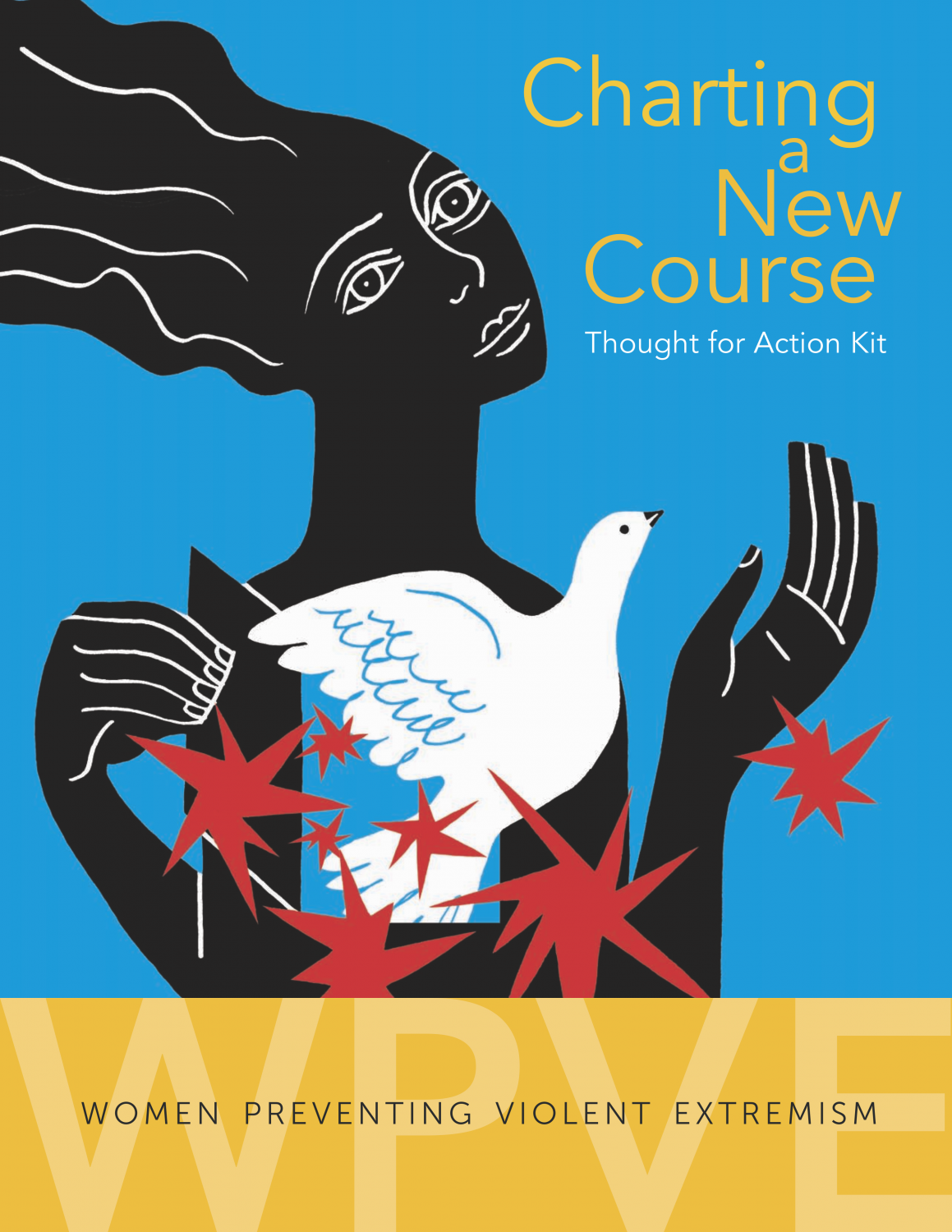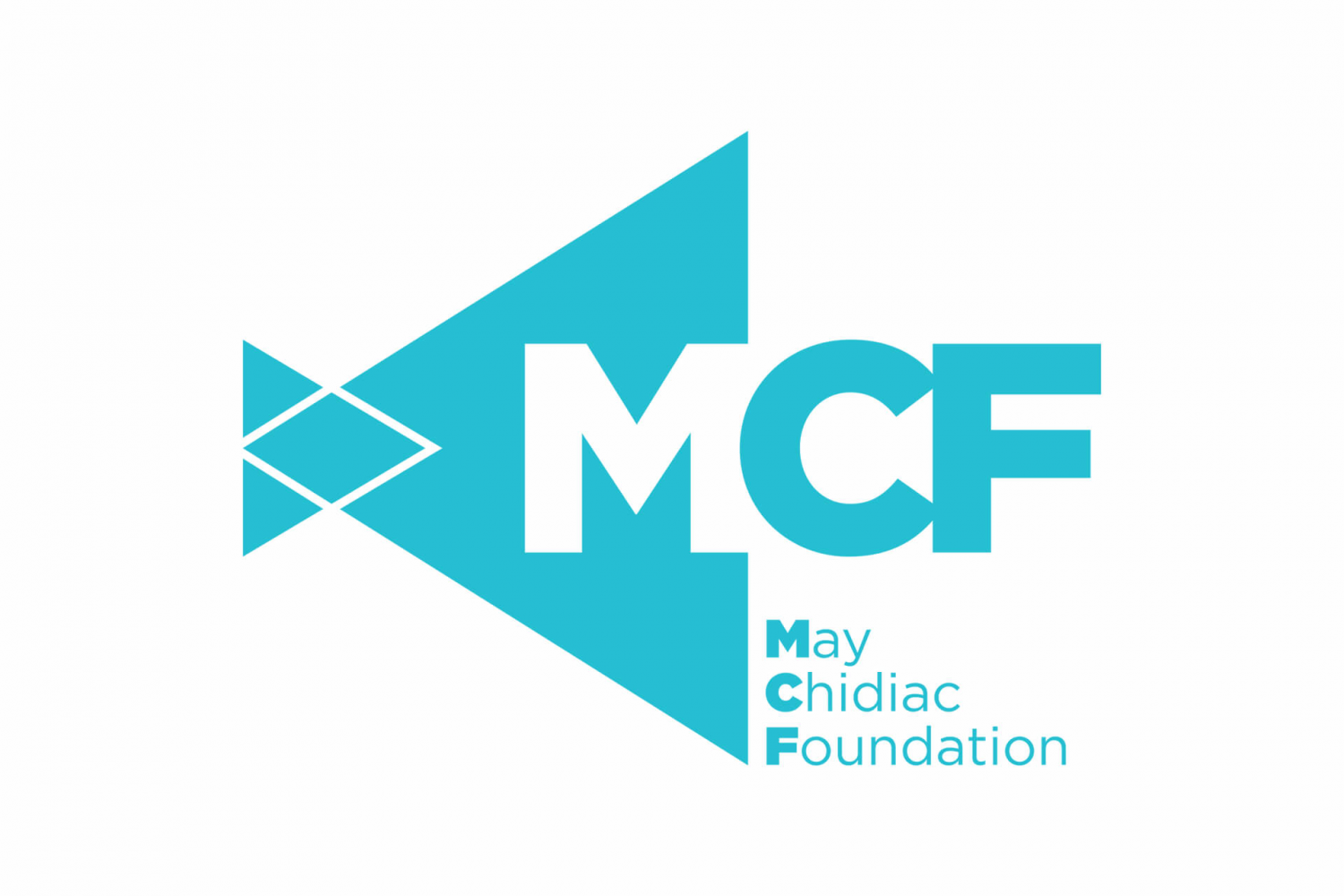In celebration of its tenth anniversary, Women without Borders (WwB) organised an international expert meeting and panel presentation on the untapped potential of mothers to act as the first line of defence against violent extremism in their families and communities. Women and especially mothers are strategically placed at the core of their families to be the first to recognise their children’s fears, resignation, frustration, and anger, all signs of a susceptibility to radicalisation. A comprehensive security approach must involve civil society and take advantage of their preventative potential. Security is still largely dominated by men with its focus on intelligence, military operations and law enforcement, and WwB is advocating for increased involvement of women in PVE efforts by translate research into grassroots-level action that empowers mothers. Through this event, Women without Borders and a group of dedicated activists from India, Indonesia, Nigeria, Pakistan, Tajikistan and Zanzibar convened in Vienna on 12 October 2013 to heighten awareness of the role women must play in a comprehensive security approach.
Speakers:
Edit Schlaffer, Founder and Executive Director of Women without Borders
Mr Rudolf Hundstorfer, Federal Minister for Labour, Social Affairs, and Consumer Protection
Ms Gabriele Heinisch-Hosek, Federal Minister for Women and the Civil Service
Mr Ben Emmerson, UN Special Rapporteur on Counter–Terrorism and Human Rights and WwB Advisory Board Member
Mr Thomas Wuchte, Head of Antiterrorism Issues – OSCE Vienna The lure of the poison – immunization and antidote strategies for mothers in communities at risk:
Max Boon, Indonesia and The Netherlands, who lost both legs in a violent extremist bombing of the Jakarta Marriott Hotel in 2009. Since his recovery, he has worked as a fellow of the International Center for Counter-terrorism in The Hague and co-founded the first Victims Survivors Network in Indonesia.
Shazia Khan, Pakistan, a young activist from Quetta. She belongs to the persecuted Hazara minority and has lost numerous family members through recent bomb attacks on the city.
Tasneem Ahmar, Pakistan, Director of UKs Research Resource and Publication Centre on Women and Media in Karachi and has spearheaded media and training programmes for girls and women.
Khadija Mohammed Mbarak, Zanzibar, an expert on education. Through her engagement with the NGO Zayedesa, she helps a growing group of young girls gain access to higher education.
‘Marching, talking, and teaching for peace – Mothers leading the way to security and stability’
Esther Ibanga and Khadija Hawaja Gambo, Nigeria: The Christian Pastor Ibanga and Muslim activist Gambo are voices of reason and reconciliation in the ethnically and religiously divided Jos Plateau.
Archana Kapoor, India, an Indian activist, filmmaker, and founder of Mewat Community Radio.
Zukhrakon Morodova, Tajikistan, partner for the MotherSchools in South Tajikistan. Morodova is project manager for Save the Children in the Kurgan-Tube Region.




